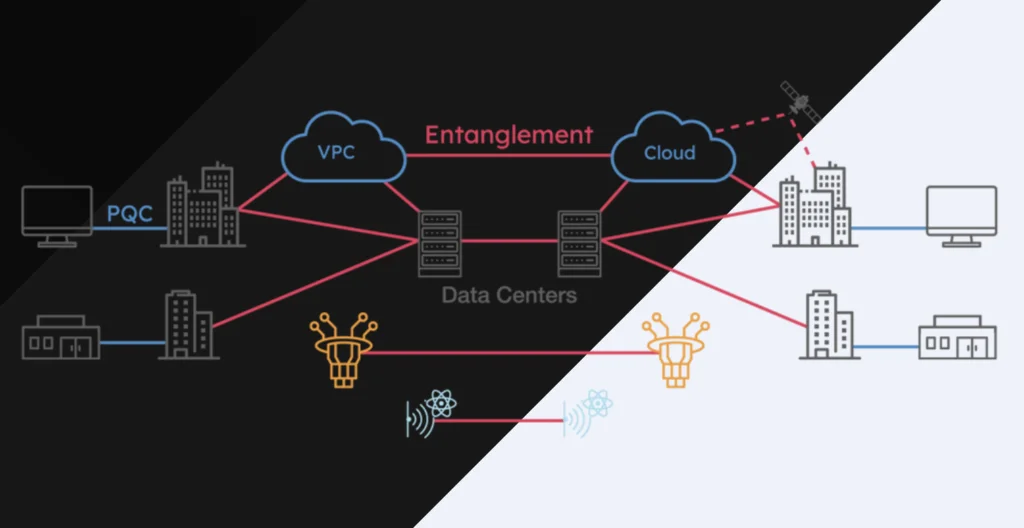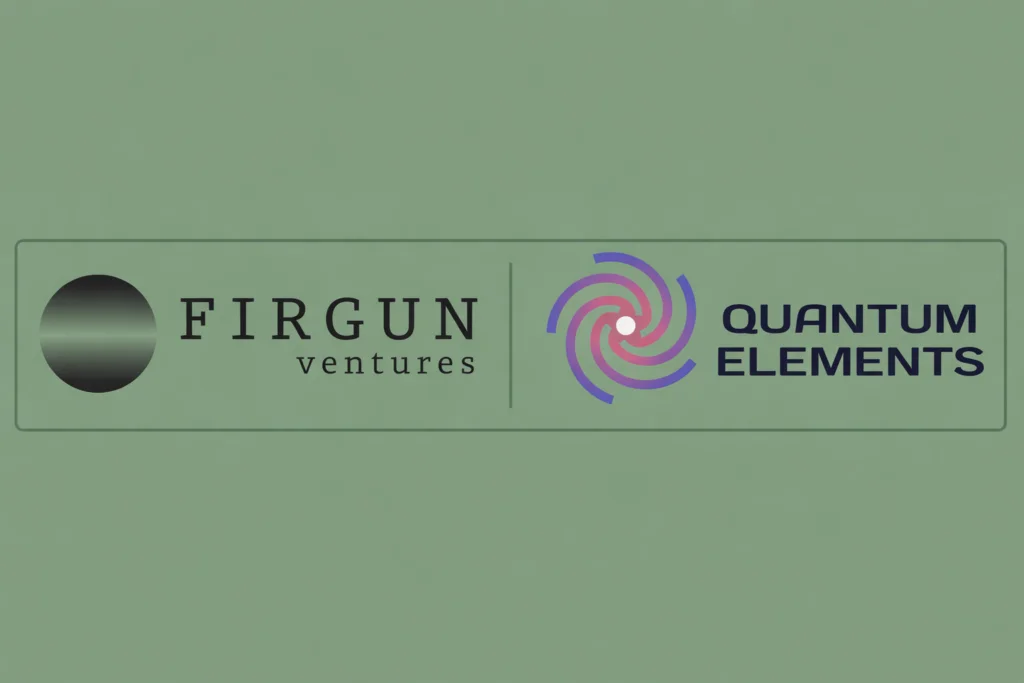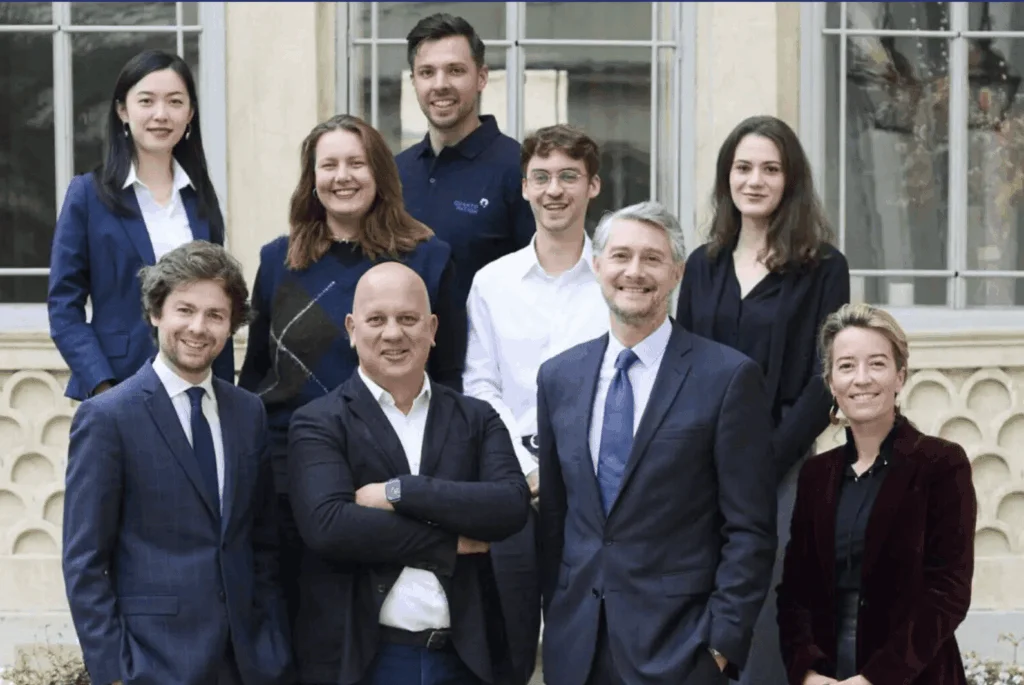The Novo Nordisk Foundation, under the leadership of Senior Vice President Lene B. Oddershede, is leading efforts to harness quantum computing for groundbreaking advances in life sciences and healthcare. In a recent interview, Oddershede shared her thoughts into the foundation’s ambitious quantum initiatives and their potential to transform medical research and drug discovery.
Oddershede talked about the foundation’s long-term commitment to quantum technology.
“We understand we are in it for the long haul,” she began. “It does come tomorrow that we will have a quantum computer that is capable of solving real problems in the Life Sciences. We need to be patient, maybe for another ten years or so and that’s actually totally fine.” This approach aligns with the foundation’s experience in pharmaceutical development, where timelines often span decades.
The potential applications of quantum computing in life sciences are vast. Oddershede explained: “I strongly believe that quantum computing is going to be such a powerful tool that it will help us get maybe even an AB initial understanding of how biomolecules work, maybe of how a cell works with the lipids with everything and that will give us an understanding of such fundamental and basic processes that will really impact a number of different areas.”

Oddershede stressed the foundation’s long-term commitment to quantum technology.
One specific area where quantum computing could make a significant impact is in understanding complex enzymatic processes.
“If you take nitrogenase, for example, it’s the enzyme that converts nitrogen into ammonia, a process essential for feeding the world. Industrially, this is done through the Haber process, which is extremely energy-consuming,” said Oddershede, providing an example, potentially leading to more efficient and environmentally friendly ammonia production.
To advance quantum computing research, the Novo Nordisk Foundation has launched a major initiative. Oddershede revealed: “The largest initiative we have supported to date is the NOA NIS Foundation quantum computing program, which we have funded with 200 million euros. The purpose of the program is to develop fault-tolerant quantum computing.”
This program aims to achieve a trillion error-free operations, a significant milestone in quantum computing capabilities.
Recognizing the global nature of quantum research, Oddershede underlined the importance of international collaboration.
“We need to collaborate with trusted partners, so we need to identify trusted partners and then we need to enter into a really deep collaboration with these partners,” she said. The foundation has established partnerships with academic institutions worldwide and industry leaders like NVIDIA to foster innovation in quantum computing.
Looking to the future, Oddershede shared her vision for quantum computing’s impact.
“My highest hope is actually that we will participate in and enable actually to accelerate the development of fault tolerant quantum computing for the benefit of all humankind and of the planet,” she said.
She emphasized the importance of ensuring that quantum technology benefits society broadly, rather than being monopolized by a few large tech companies.
The Novo Nordisk Foundation’s initiatives promise to play a crucial role in unlocking its potential for life sciences and healthcare. With a focus on collaboration, long-term investment and societal benefit, the foundation is helping to pave the way for a future where quantum computing could revolutionize our understanding of biological processes and accelerate medical breakthroughs.
















